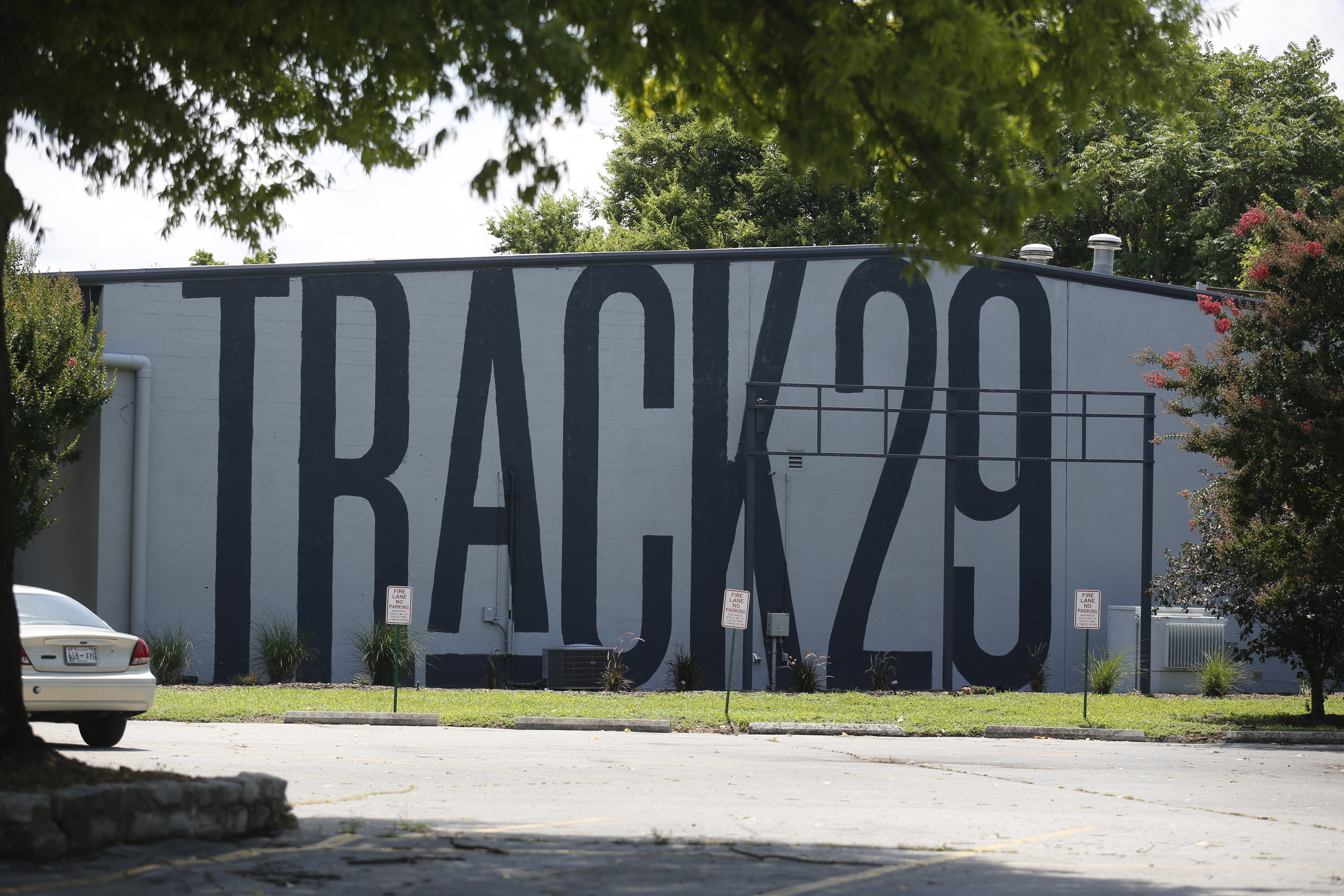Senator first in a line
For Tennessee Republicans, Howard Baker, who died Thursday at age 88, was the foundation, the trailblazer, the man upon whom the modern Grand Old Party in the Volunteer State was built.
The Huntsville, Tenn., native and McCallie School graduate in 1966 became the first elected Republican senator from Tennessee since Reconstruction. From that election grew a state that today has two Republican U.S. senators (including Baker protege Lamar Alexander), a Republican governor and seven of nine Republican U.S. representatives.
Baker, who went on to be re-elected in 1972 and 1978, served two terms as Senate minority leader and two terms as Senate majority leader. He ran for president in 1980 and had been considered for a Supreme Court appointment and as a vice presidential running mate. Baker later served as chief of staff for several years under President Ronald Reagan and ambassador of Japan under President George W. Bush.
Beyond his accomplishments, though, was the Tennessean's lack of partisanship during the Watergate hearings -- "What did the president (Nixon) know and when did he know it?" -- and his understanding of the need for compromise, fairness and civility in dealing with presidents, Democrats and members of his own party.
In later years, he sought to return that bipartisanship to Washington by helping found the Bipartisan Policy Center and becoming an Advisory Board member for the bipartisan Partnership for a Secure America. He is also the namesake of the University of Tennessee's Howard Baker Jr. Center for Public Policy.
Today, with many Democrats and Republicans stuck at the distant ends of the political spectrum, the Congress could use a slew of Howard Bakers to remind both sides what might be done when both parties work -- or at least talk -- together.
Hands Off My Phone
When somebody says they'd be lost without their cellphone, it's understandable. Some people keep identification information, personal photographs, pin numbers, contacts, calendaring and a wide variety of information there -- even to the extent of the cellphone being the owner's only such information portal and digital filing cabinet.
So when the United States Supreme Court ruled unanimously -- yes, unanimously -- Wednesday that police may not search the cellphones of people they arrest without first getting search warrants, it is a decision that makes sense.
Generally, police cannot enter your home and search your desk without a similar warrant citing "probable cause," and some people could legitimately argue they have as much of their "life" in the phone as they do in a desk drawer in a home.
Chief Justice John Roberts, writing for the court, also helpfully noted that police can take steps to prevent the erasure or encryption of possible incriminating material on the phone by seizing the phone and turning it off, removing its battery or leaving it on and placing it in a special bag that keeps it from receiving radio waves.
The ruling, however, did leave open the possibility that police who fear for their lives or the lives of others can still examine cellphones without a warrant. But if that becomes the de riguer way police treat cases involving cellphones in the future, the issue is bound to land in the courts again.
What Price Music?
For some of us Scenic City residents, the ice-skating rink IceLand, which opened in a new building at the rear of the Chattanooga Choo-Choo Hotel complex in 1978 and closed due to insurance liabilities in 1986, may have been the first place we ever got up on ice skates.
From then until it became the music venue Track 29 in 2011, the building was underutilized. But now, it attracts a wide range of musical talent that might not play larger stages and has, by almost all measures, been a resounding success.
Main Street area neighbors, however, say noise coming from there can be oppressive, and everyone who's tried to sleep or concentrate on something else while loud music is thumping in the background can relate.
The venue has been cited for noise violation -- at only $50 a pop -- seven times just this year, so nobody believes that's much of a deterrent.
The bottom line is this. Track 29 filled a niche Chattanooga needed and should stay. But its owners also should be good neighbors and take whatever steps are necessary to better soundproof the hall. If that's not done, then the city should look at increasing fines for serial noise violators and/or suspending their business licenses if the problem persists.
Good music and good neighbors should be able to exist together.

